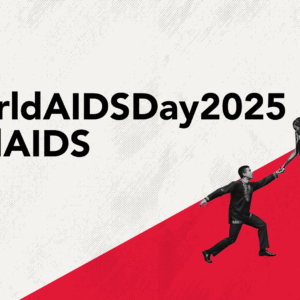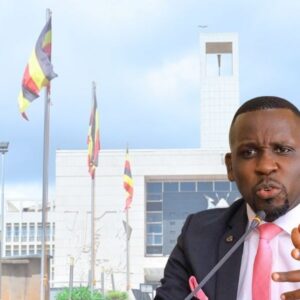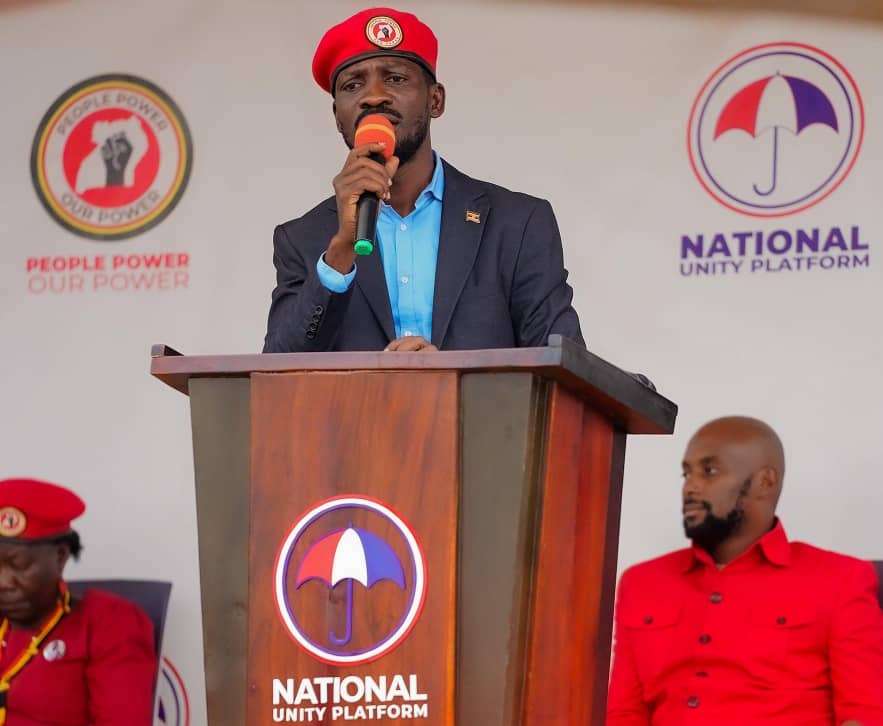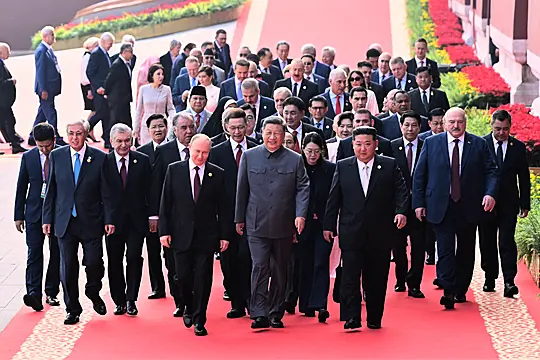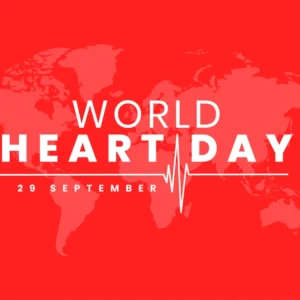In today’s Uganda, the pursuit of love and companionship has become increasingly complex. A unique mix of cultural expectations, economic hardship, and shifting social norms has reshaped how relationships form and function.
I have taken note of the growing concerns surrounding relationships and the challenges many Ugandans face in finding suitable partners today. As a lecturer of social behaviour, I have not only observed these trends in my academic work but also reached out to several individuals across the country—from students and professionals to community members—to gather their honest experiences and perspectives. Their stories, combined with existing research, reveal a complex web of cultural, economic, and technological factors shaping the modern dating landscape in Uganda.
This article explores the major challenges Ugandans face in finding a partner and offers practical advice for building meaningful, healthy relationships in this changing environment.
The Changing Dynamics of Modern Dating
Dating in Uganda is no longer defined solely by traditional customs. While cultural values still play a role, they now coexist—and sometimes clash—with modern influences. Rising education levels, changing gender roles, increased access to technology, and exposure to global trends have all contributed to new relationship dynamics. A 2020 study by the Social and Behavior Change Activity (SBCA) in Uganda highlights the importance of trust and open communication within relationships, particularly when it comes to decisions around family planning and health. But these same factors often become obstacles when expectations between partners misalign.
Economic Pressures and Partner Expectations
One of the most significant barriers to relationship-building in Uganda today is financial instability. Youth unemployment remains a critical issue, with the World Bank estimating it at around 13% in 2025. Many young people struggle to meet the financial expectations often associated with traditional relationships—whether it’s supporting a partner, paying bride price, or hosting elaborate wedding ceremonies.
Esther, a 28-year-old teacher from Gulu, expressed her frustration: “Men expect you to be independent, but when you are, they feel intimidated. At the same time, they want to be providers, but many can’t afford it. It’s confusing.” Her experience reflects a growing disconnect where traditional gender roles no longer align with economic realities. Both men and women find themselves uncertain about what is expected—and what is realistic—in a partner.
Cultural Norms and Gender-Based Expectations
Despite increasing modernization, deeply rooted cultural norms continue to influence how relationships unfold. For instance, a 2018 study on male partners of young women in Uganda found that multiple concurrent partnerships are still widely accepted among men, often viewed as a marker of social status. This norm not only increases health risks such as HIV but also erodes trust—an essential ingredient in any relationship.
Sarah, a 24-year-old university student in Kampala, shared: “Some guys think having multiple partners proves their status, but it makes it hard to trust anyone. You’re always wondering if they’re serious.” These entrenched gender expectations—where masculinity is associated with dominance and femininity with submission—create barriers to emotional intimacy and long-term commitment.
The Double-Edged Sword of Technology and Urbanization
Technology and urbanization have introduced both opportunities and challenges in the dating sphere. Dating apps like Tinder and social media platforms such as X (formerly Twitter) have made it easier to connect with others, especially in cities. However, they also create spaces where appearances can be deceiving. Online personas are often curated and idealized, leading to mismatched expectations when meeting in person.
Urban areas like Kampala, with a high population density, offer diverse dating pools but can also bring cultural clashes and transient relationships. James, a 32-year-old entrepreneur in the capital, noted, “Online dating is growing, but it’s hard to know who’s genuine. People present perfect versions of themselves, but meeting in person is different.” This sentiment reflects a broader skepticism toward digital connections, where authenticity is often in question.
The Lingering Threat of Intimate Partner Violence (IPV)
Another sobering reality for many Ugandans is the prevalence of intimate partner violence. A 2016 study in Eastern Uganda found that 43.7% of respondents had experienced some form of IPV. Factors such as alcohol abuse, poor communication, and perceived HIV risk were identified as contributing risks. These experiences understandably leave many individuals wary of entering new relationships.
Lillian, a 30-year-old nurse from Mbale, explained: “After seeing friends go through abusive relationships, I’m scared to open up. You want love, but you also want to feel safe.” The fear of emotional or physical harm can deter people from pursuing relationships altogether, even when the desire for companionship remains strong.
Navigating the Challenges: Practical Solutions
Despite these difficulties, building meaningful relationships in Uganda is still possible—with the right mindset and approach.
1. Build Trust Through Honest Communication
Open communication is essential to fostering lasting connections. Clearly express your intentions, values, and expectations early in the relationship. As the SBCA study suggests, transparency builds the foundation for mutual respect and understanding.
2. Leverage Community and Faith-Based Networks
Community events, religious groups, and social gatherings remain reliable spaces to meet potential partners. Faith-based organizations, in particular, often provide platforms for discussing family values and relationships, creating safe and respectful environments for meaningful connections.
3. Embrace Financial Transparency
Given Uganda’s economic landscape, it’s crucial for couples to align their expectations. Outdated notions of financial dominance—especially those placing the entire burden on one partner—need to evolve. Honest conversations about money can help couples build realistic plans for the future, regardless of who earns more.
4. Prioritize Safety and Shared Values
Given the prevalence of IPV, safety and emotional well-being must come first. Choose partners who respect your boundaries, communicate openly, and share your core values. Seeking guidance through counseling—available in many health centers and religious communities—can help couples work through issues before they escalate.
5. Use Technology Wisely and Cautiously
While online dating can open new doors, it’s vital to verify the authenticity of someone before investing emotionally. Consider video calls, checking mutual connections, or meeting in public spaces. James’s experience reminds us that not everything online is as it seems, and a healthy dose of caution can protect your heart and your safety.
A Path Forward
Finding a partner in modern Uganda is no simple task. It requires navigating a complex web of cultural expectations, economic pressures, and technological shifts. But as the stories and research in this article show, it is not impossible. Trust, communication, financial transparency, and mutual respect remain the cornerstones of successful relationships.
If you’re struggling in your search, know that you’re not alone. Lean on your community, share your experiences, and stay true to your values. Love in Uganda today may be more complicated than ever—but with honesty, patience, and the right support, it remains within reach.
The writer is a lecturer of Social Behaviour at one of the universities in Uganda.


